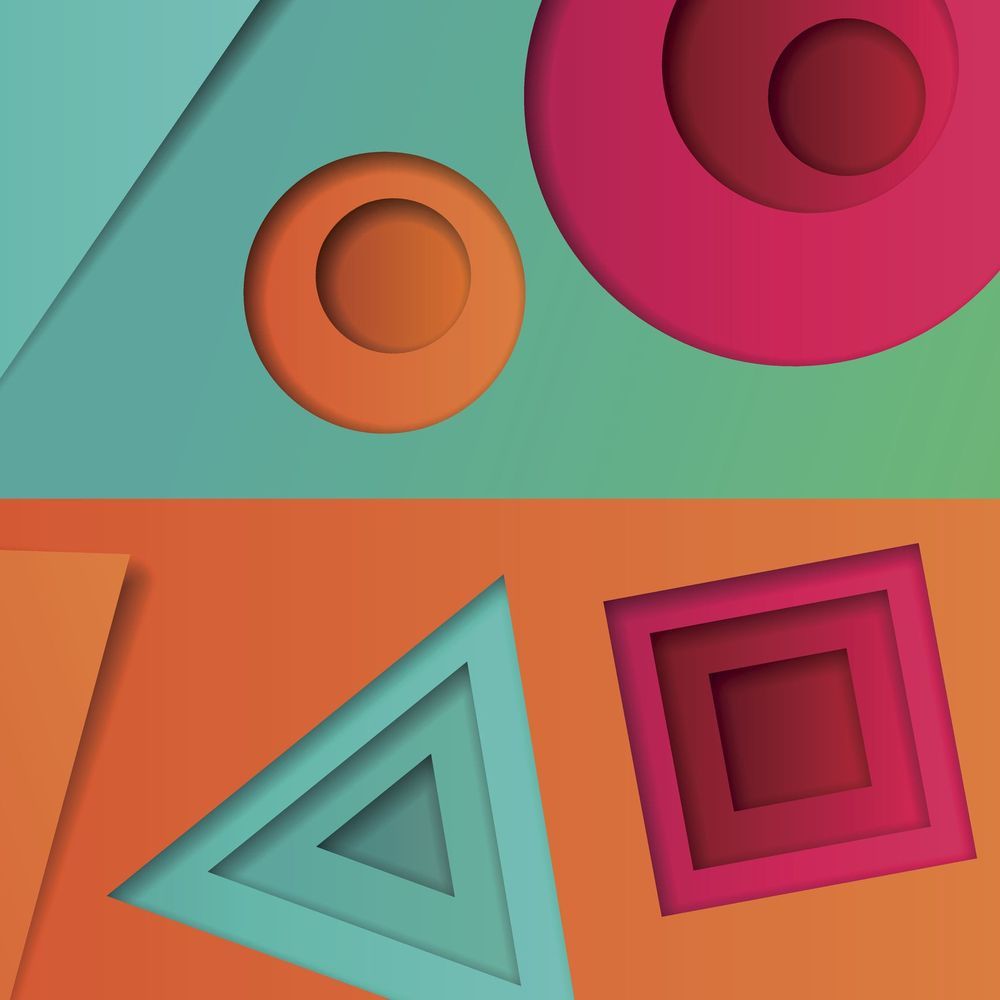Without alarm clocks, most of us would oversleep every day. So, how did humans wake up before they were invented?



Have some patience until someone takes the lead, and let’s sing some hakuna matata in the mean time.
Getting into trouble after succumbing to peer pressure isn’t just a human experience.
New research co-led by Brock University shows that a particular species of tropical, air-breathing fish that can survive for weeks on land will delay escaping from hot water if it thinks one of its peers is nearby.
Brock biologist Glenn Tattersall and Acadia University biologist Suzanne Currie studied the mangrove rivulus, a fish living in swamps from the southern U.S. to Brazil.



A mammoth dig is underway that is expected to unearth 60,000 skeletons from a 230-year-old cemetery in London.
The bones of 1,200 people have so far been exhumed from the burial ground near Euston Station to make way for the new high-speed railway between the capital and Birmingham.
Recently released photos of the major dig show archaeologists clearing thick clay from coffins and brushing dirt from remains.



A thought experiment to see whether life extension might contribute to your happiness.
Today, we’re going to engage in a thought experiment. We’re going to imagine a world with some sort of antechamber to life in which you hang around as some sort of disembodied entity before you are born. (Some people actually believe in something like that, but we won’t go there; it’s just a thought experiment.)
The Choice to Be Born
Let’s suppose that, as a disembodied soul, you have a somewhat human outlook on things: you want to enjoy new experiences, avoid unpleasant circumstances, and so forth. Let us further suppose that you have a choice over being born or not and that someone comes along and tries to get you sold on the idea of being born. Neither of you can predict the future and know exactly how good or bad a life you would have, but you do know the gist of it—what stages you need to go through, what issues may manifest, etc.

Now in a new paper, published in Psychological Science, Martin Maier and Rasha Abdel Rahman at the Humboldt University of Berlin report that by affecting visual processing at an early stage, such linguistic differences can even determine whether someone will see a coloured shape – or they won’t. “Our native language is thus one of the forces that determine what we consciously perceive,” they write.
The wavelengths of light that we perceive as colours form a smooth continuum, but crucially, the colour categories that people use to divide up this spectrum vary between languages. Maier and Abdel-Rahman studied native Greek-, Russian- and German-speakers for whom these categories differ.
In both Greek and Russian, there is a dedicated category-word for “light blue” and another for “dark blue” but no specific word for “blue” as a broader category. In German (as in English), people can use qualifiers to refer to “light blue”, “navy blue” or “sky blue”, and so on, but there are no dedicated category words for these shades. On the other hand, in German (also as in English) there is a dedicated word “blue” (blau in German) to cover all the shades of blue. However, Russian, Greek and German alike have a dedicated category word for referring to all shades of “green”, just as we do in English.
Earlier work already showed that having a category term for something – whether it’s an object or a colour – speeds up a person’s ability to identify that item among a host of others. Russian-speakers are faster at discriminating between light and dark blue colour patches than English-speakers, for example. Maier and Abdel-Rahman wanted to go further and see whether linguistic colour categories would influence the likelihood of speakers of different languages becoming conscious of something at all.

In 40 years, human actions like deforestation have taken a major toll on wildlife, a new report finds.